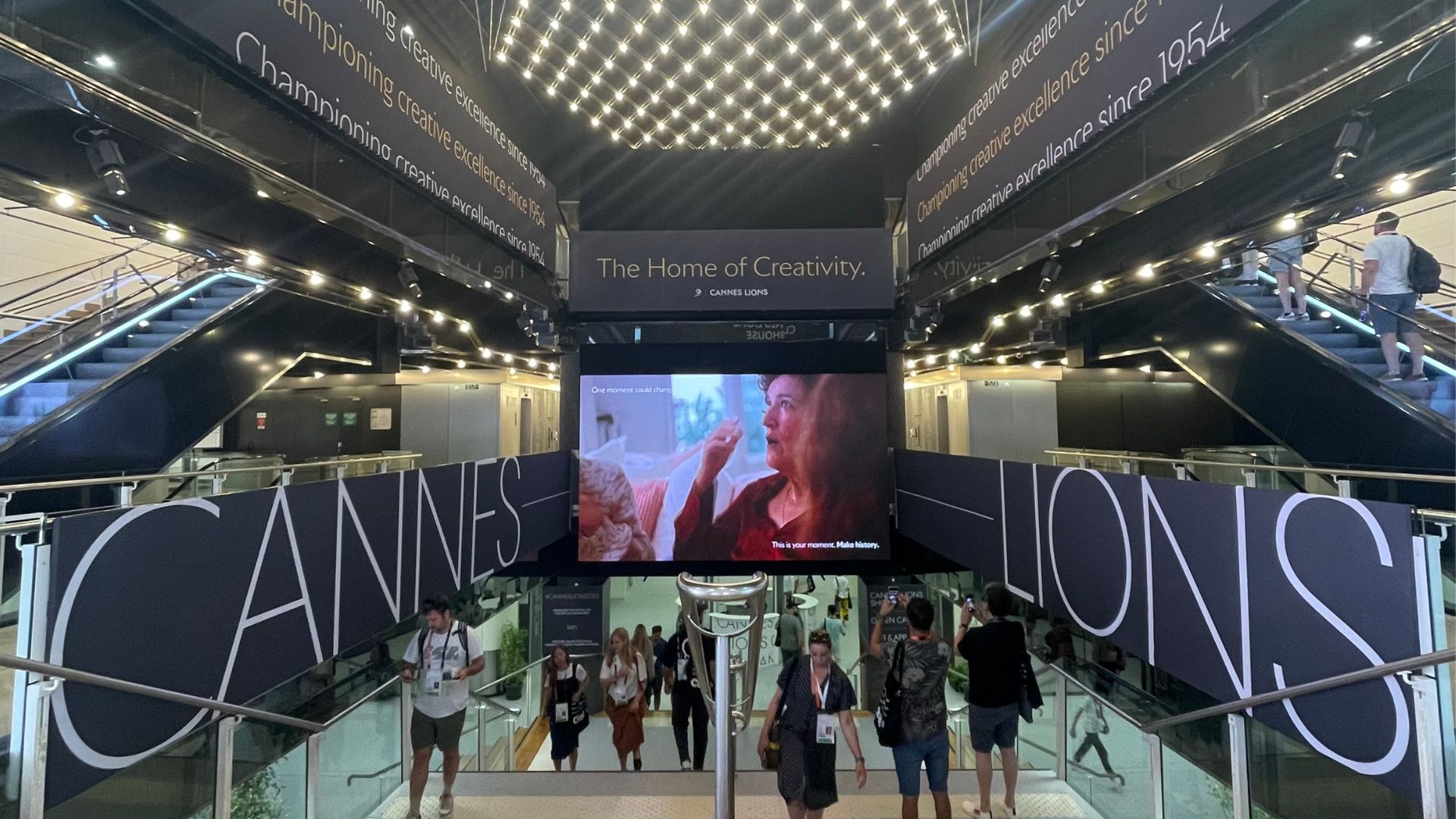Public relations can be a simple industry for many who choose to consider it as such: You get a client, call the media, tell their story, go home. At least, that’s the going thought out there.
For those of us who do this every day, we know that’s not the case. The world of PR is a multifaceted and complex industry, one that involves training, research and consistent practice. It is part Web understanding, part writing well and a whole bunch of trial-and-error. However, there are also many myths out there about what PR professionals do not do.
Many of these myths are perpetuated by misunderstanding of the industry. Admittedly, some of the myths are brought on by a gaggle of people working in agencies that are not doing the rest of us any favors. Let’s hope we can help everyone by a little demystification with seven myths about public relations.
- Any press is good press. No, no, no, and a hundred times, NO! Anyone who has handled a major crisis will gladly arm wrestle you for saying this. Sure, the brand you represent gets a little exposure but that’s why content is so important. Prior to contrary opinion, people actually read the article (for which, our friends in the media thank you). And that’s where we discover not all headlines create smiles or profit. Want to change this? Quit embracing bad news.
- Wining and dining means writing. You realize this is 2014 and not 1914? Journalists have ethics. Many of them get angry when you break out the company credit card because they want to avoid partiality. Most journos (e.g., editors, writers, reporters, producers) are friendly but not “see-you-at-the-July-Fourth-picnic” friendly. They are too busy to deal with your free potato skins and a Corona while you shill for 45 minutes. Want to make a friend? Offer a good pitch that takes five minutes.
- The media release works every time. Um, 1992 called and wants their strategy back. Yes, the release will always be the tried-and-true piece of any PR toolbox, but today, they are three pages long, full of grammar issues, and not at all optimized for search. Here’s a secret: editors only read the headline and the lede (yes, that is spelled correctly). It’s the story, the content, the news they want, not your press release. We all know we do them because the clients love them; however, if you want the media to love them, do them correctly — short, sweet, and tell a story.
- PR drives sales. Sure, that’s what some clients would like to think, but PR is hired for 3Ps — promote, publicize, position. Sorry, but sales starts with an “s” so that sucks (see what I did there). Any good PR pro offers a sales force excellent tools to make the money. They are called headlines. A sales manager is always looking for credibility to sell his or her widget, and what a better way to do that than sharing what some national trade publication had to say about said widget? So, I guess that is a half-myth.
- Anyone can do it. This is one of the largest offenders out there because if that were true, few people would ever leave agencies. Few people would ever get burned out. Few people would understand how to dispel this myth immediately. PR doesn’t require its own consultant force – that’s our job, so own it. This is a time-intensive business that involves good research, great writing and even better story telling. The majority of society can’t do this, but it sure is nice to have a few who can. Hopefully, your agency employs a couple.
- Publicity is all about luck. Says who? News cycles roll on or roll you over. It’s up to PR people to air up that tire and give it a reason to move. News happens whether you are there to read it or not. Our job is to serve our clients in ways they couldn’t help their business without us. That’s why our cardinal rule is discover conversations where no one is talking. Sure, timing has a little to do with it, but mainly it’s finding the time to tell the right story to the right people.
- We don’t understand the media. Conversely to the premise of our list, this one is somewhat true. There are many PR people who do not understand the inner workings of a newsroom, much less, ever been to one. Of course, they don’t understand the media. And their pitches prove it. However, the PR pros who do understand the media are typically too busy traveling, networking or working (with the door closed). There is little mentorship, field trips, or lunch-and-learns in agencies. That should change before this myth does. Just a thought.



